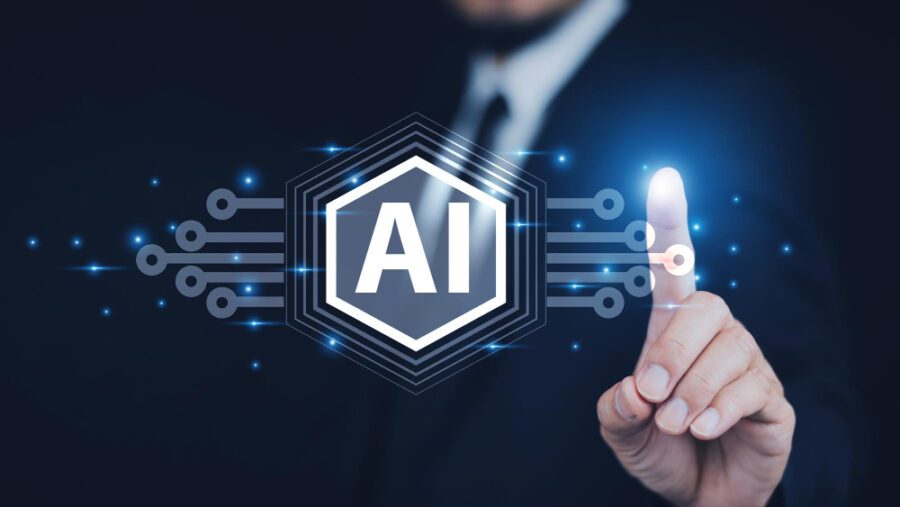
The Impact of Adaptive AI on Business
Artificial Intelligence (AI) has already left a significant footprint in the world of business, impacting diverse spheres including decision-making, process optimization, and customer experience. With the advent of Adaptive AI, the magnitude of this impact is poised to become even more profound. This cutting-edge technology leverages machine learning and its inherent capacity for self-improvement to offer a higher level of intelligence and functionality.
Potential Long-term Implications
The potential long-term implications of adaptive AI are vast and multi-faceted. They span across every business domain, offering unprecedented opportunities and challenges.
Refining Decision-making
Through enhanced predictive capabilities, Adaptive AI can empower businesses to make more informed and strategic decisions. It understands patterns in data that humans may miss, resulting in more accurate forecasting. However, this also implies that the organizational decision-making process may become increasingly reliant on AI systems, necessitating robust safeguards against potential errors and bias.
Optimizing Business Processes
By automating and optimizing routine operations, Adaptive AI can boost business efficiency and productivity. It can evolve over time, learning to perform tasks more effectively. However, a potential downside could be an increasing dependence on AI for day-to-day operations, which may generate systemic risks if the technology fails.
Improving Customer Experience
Adaptive AI can enhance the personalization levels of customer services. It significantly improves customer interactions by providing tailor-made experiences based on individual preferences and behaviors. However, organizations must ensure they maintain ethical data practices and respect privacy norms in their pursuit of personalization.
Possible Future Developments
As technology progresses, we could see adaptive AI becoming increasingly complex and effective. Future versions may be able to understand and interpret human emotions, manage large-scale project planning, or even make ethical decisions based on predefined guidelines. These advancements, while potentially beneficial, would also necessitate stricter regulation and control mechanisms.
Actionable Advice
Businesses planning to implement or upgrade adaptive AI systems should consider the following:
- Create a Comprehensive AI Strategy: An overarching AI strategy that aligns with your business objectives is crucial. This should outline how AI fits into the bigger picture, taking into account its potential effects on your workforce, processes and customer interaction.
- Incorporate Robust Safeguards: As organizations become more dependent on AI, risks associated with errors and biases in AI systems increase. Incorporating safeguards to mitigate these risks is critical.
- Ensure Ethical AI Practices: As AI systems gain access to more sensitive data, businesses must ensure they comply with ethical guidelines and regulations. This not only fosters trust among customers, but also mitigates potential legal risks.
